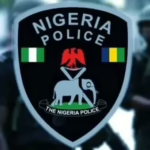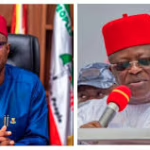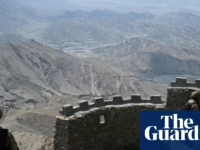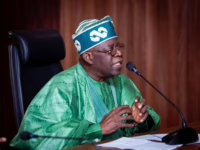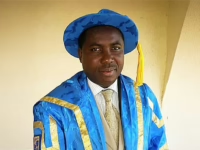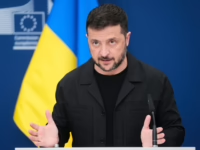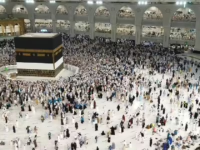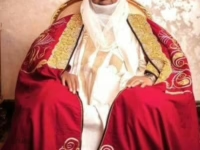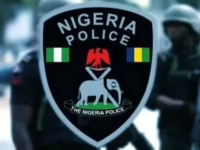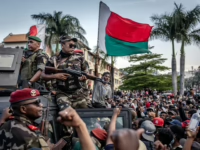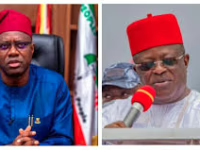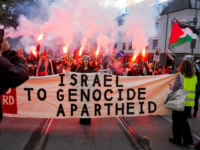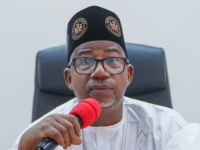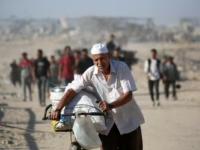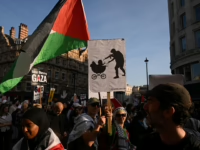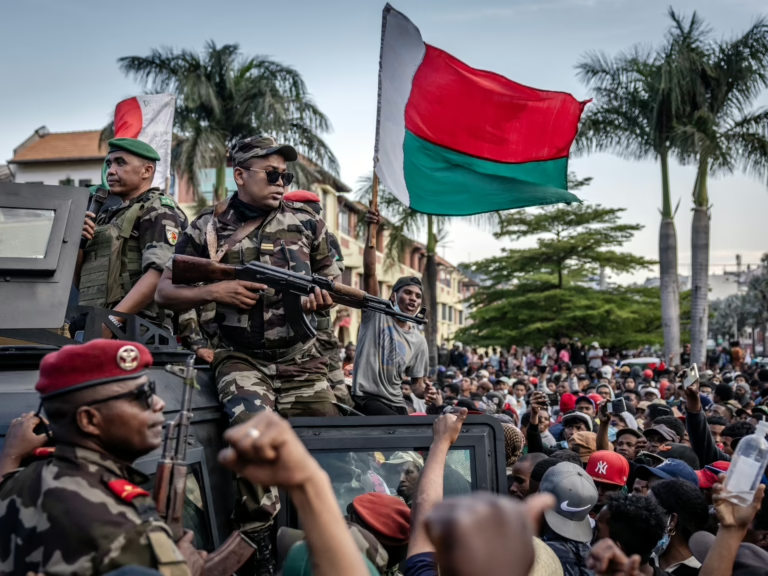For the first time since protests began last month, youth-led demonstrators have entered Antananarivo’s May 13 Square.
In a surprising turn of events, certain factions within Madagascar’s military have defied official commands and aligned themselves with thousands of antigovernment protesters gathered in the capital city, Antananarivo. This surge in demonstrations targets President Andry Rajoelina’s administration and has been gaining significant traction.
On Saturday, young activists made their way into May 13 Square, marking the largest assembly since the protest wave ignited on September 25. This movement draws inspiration from the Gen Z-led uprisings seen recently in countries like Kenya and Nepal, reflecting a growing global trend of youth-driven political activism.
Earlier attempts by police to disperse the crowds using stun grenades and tear gas were met with unexpected support from soldiers who arrived on the scene, receiving cheers from the demonstrators.
At a strategic meeting held at a military base on the city’s outskirts, members of the elite CAPSAT unit-instrumental in Rajoelina’s 2009 ascent to power-issued a rare public appeal for unity with the protesters demanding the president’s resignation.
“Let us unite-military, gendarmes, and police-and refuse to be paid to fire upon our own people, our brothers and sisters,” declared the soldiers stationed in the Soanierana district in a video shared on social media platforms.
They urged personnel at the airport to “halt all aircraft departures” and called on troops in other locations to “reject orders to shoot fellow comrades.”
“Secure the gates and await further instructions,” they instructed. “Disobey commands from superiors who order you to open fire on your comrades, as they will not protect our families if we fall.”
Local media footage captured soldiers leaving their barracks to escort protesters into May 13 Square, a historic site of political upheaval that had been heavily fortified and off-limits amid the unrest.
Saturday’s rally represented the largest youth-led demonstration in days, initially sparked by frustrations over persistent power outages and water shortages but now evolving into a wider antigovernment movement.
The exact number of soldiers who joined the protest remains uncertain.
In response, the newly appointed Minister of the Armed Forces urged calm among military ranks.
“We appeal to our brothers who dissent to prioritize dialogue,” stated Minister General Deramasinjaka Manantsoa Rakotoarivelo during a press briefing.
“The Malagasy army serves as a mediator and stands as the nation’s final line of defense.”
Earlier in the week, security forces used tear gas, rubber bullets, and armored vehicles to break up protests, resulting in several injuries.
Graphic videos depicting police brutality circulated widely on social media, including footage of a man left unconscious after being violently pursued and beaten by security personnel-an incident witnessed firsthand by AFP journalists.
The United Nations responded on Friday, urging authorities to “refrain from excessive force and respect the rights to peaceful assembly and free association.”
The UN reported that the protests have led to at least 22 fatalities and around 100 injuries.
President Rajoelina contested these figures, stating on Wednesday that there were “12 confirmed deaths, all involving looters and vandals.”
Initially, Rajoelina took a conciliatory approach by dismissing his entire government in reaction to the unrest.
However, he has since hardened his stance, appointing military officer Ruphin Fortunat Zafisambo as prime minister on Monday and selecting key cabinet members from the armed forces, public security, and police sectors.
Madagascar, one of the world’s poorest nations, has a history of frequent mass uprisings since gaining independence from France in 1960. Notably, in 2009, widespread protests led to the ousting of then-President Marc Ravalomanana, with the military installing Rajoelina for his first term.
Rajoelina secured re-election in 2018 and again in 2023 amid contested elections boycotted by opposition parties.


